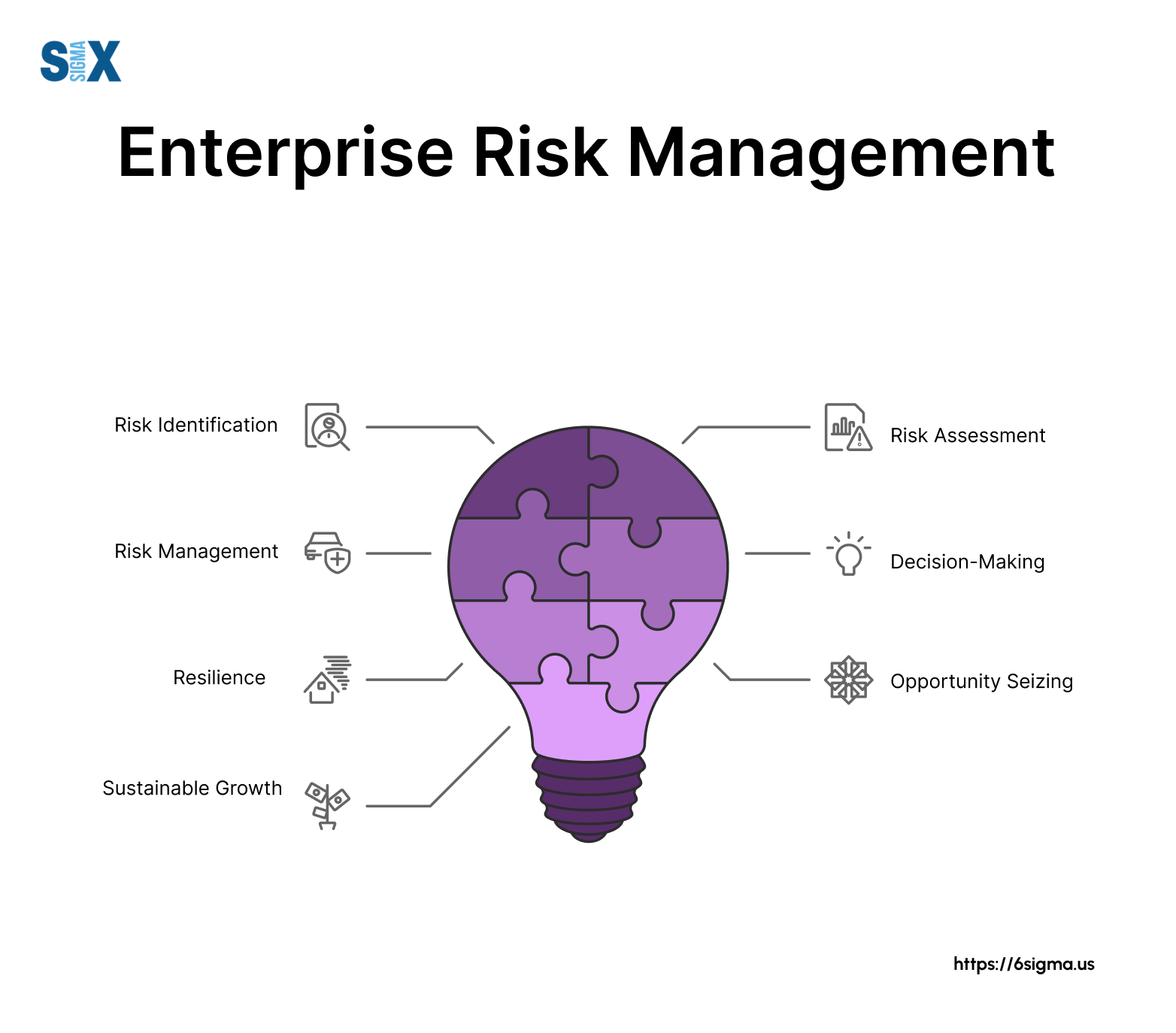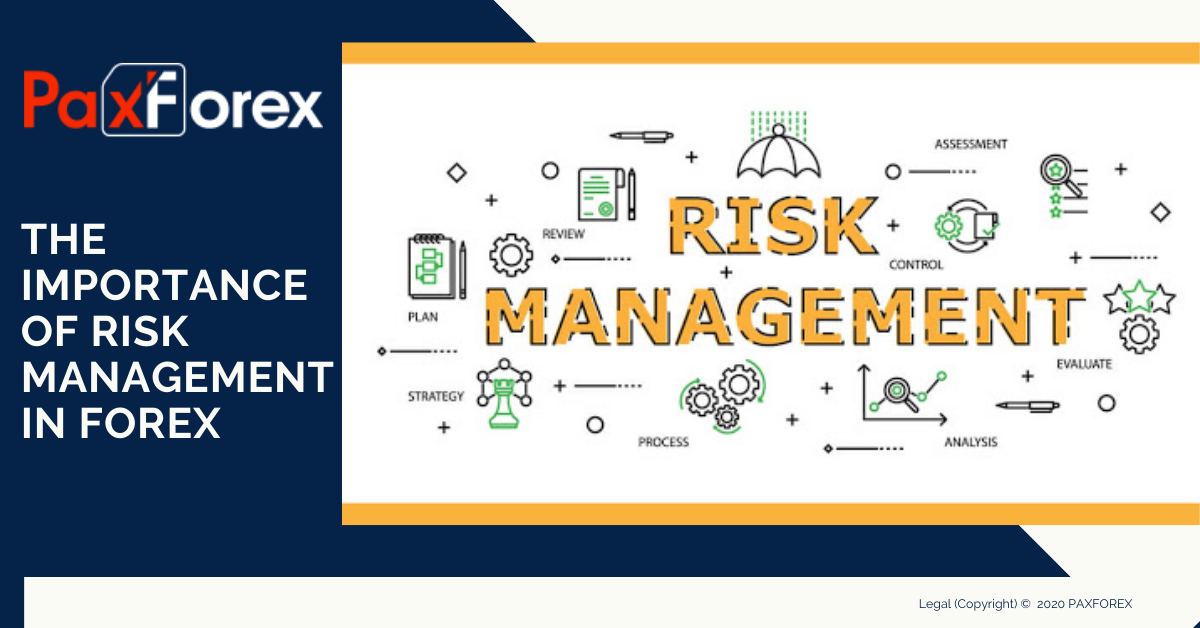Navigating the Challenges: Understanding the Importance of Risk Management
The Value of Understanding the Importance of Risk Management in Numerous Industries

The Core Principle of Risk Management and Its Purpose
Risk Management, the keystone of numerous industries, pivots on the recognition, analysis, and reduction of unpredictabilities in a company setting. By properly identifying potential threats, businesses can create approaches to either stop these threats from taking place or lessen their impact. Once threats have been identified and assessed, the mitigation procedure involves devising approaches to decrease their possible effect.
Benefits of Implementing Risk Management in Organization Operations

Introducing the Function of Risk Management in Different Industries
While every market faces its special collection of risks, the execution of Risk Management methods stays a common measure in their search of sustainability and growth. In the healthcare sector, Risk Management involves guaranteeing client safety and security and data defense, while in financing, it involves mitigating financial investment risks and ensuring governing conformity (importance of risk management). Construction business focus on employee safety and security, project delays, and spending plan overruns. In the innovation industry, companies alleviate cybersecurity hazards and modern technology obsolescence. Ultimately, the function of Risk Management throughout industries is to determine, analyze, and reduce dangers. It is a crucial component of strategic planning, allowing companies to shield their properties, maximize opportunities, and attain their objectives.
Real-life Case Researches Showing Effective Risk Management
To understand the value of Risk Management in these many fields, one can look to several real-life circumstances that illustrate the effective application of these procedures. In the energy field, British Oil established Risk reduction intends post the 2010 Gulf of Mexico oil spill. They implemented far better security treatments and stricter policies which considerably minimized further mishaps. In a similar way, in financing, Goldman Sachs effectively browsed the 2008 financial dilemma by recognizing possible mortgage-backed securities dangers early. Last but not least, Toyota, post the 2011 quake in Japan, revised its supply chain Management to lessen disturbance dangers. These cases demonstrate just how markets, picking up from crises, properly applied Risk Management methods to decrease future threats.
Future Trends and Growths in Risk Management Approaches
As the globe proceeds to develop, so also do the fads and growths in Risk Management techniques. Rapid improvements in technology and data analytics are improving the Risk landscape. Huge data and AI are currently instrumental in predicting and alleviating risks. Organizations are leveraging these tools to build anticipating Full Report models and make data-driven choices. Cybersecurity, as soon as a peripheral issue, has actually catapulted to the forefront of Risk Management, with methods concentrating on avoidance, discovery, and response. The integration of ESG (Environmental, Social, Administration) elements right into Risk Management is another expanding trend, reflecting the boosting acknowledgment of the duty that social and environmental risks play in organization sustainability. Thus, the future of Risk Management lies in the blend of innovative technology, cutting-edge approaches, and an all natural technique.
Conclusion
In conclusion, recognizing the value of Risk Management throughout a spectrum of sectors is vital for their long life and prosperity. Eventually, effective Risk Management adds to much more durable and sustainable organizations, highlighting the value of this technique in today's highly affordable and vibrant business setting.
While every sector confronts its distinct collection of risks, the application of Risk Management methods stays a common denominator in their search of sustainability and development. In the medical care sector, Risk Management entails making certain person security and data security, while in money, it entails mitigating investment risks and making sure regulatory conformity. Inevitably, the function of Risk Management throughout markets is to determine, analyze, and alleviate dangers. These instances demonstrate you could try this out how industries, discovering Get the facts from crises, successfully applied Risk Management methods to lower future risks.
